The Giuliani family produced two influential figures in the history of guitar music. Mauro Giuliani and his daughter Emilia Giuliani-Guglielmi were both Italian composers and guitarists. Mauro Giuliani (1781-1829) played a crucial role in transforming the guitar from a mere accompaniment instrument to a solo instrument. He had an extraordinary career, composing over 200 exceptional guitar pieces. Giuliani also invented a music notation system for the guitar that is still in use today. His immense influence on the world of guitar music was recognized when a prominent guitar music journal was named after him. Emilia Giuliani (1813-1850) inherited her father’s virtuosic playing skills, and more of her works have been discovered in recent years.
Mauro Giuliani
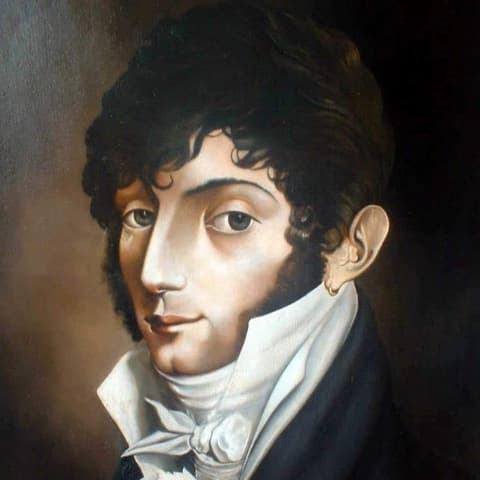
Mauro Giuliani
Mauro Giuliani led a prolific life. He started his music journey playing cello in his youth but soon switched to guitar after realizing his passion for it. The most productive time of his career was in Vienna from 1806 to 1819. Upon his arrival, he started publishing his compositions and went on tour throughout Europe, earning a reputation for his musical talent.
Mauro Giuliani: Grand Potpourri, Op. 53
Mauro Giuliani: Grand Potpourri, Op. 53 (Norbert Kraft, guitar; Nora Shulman, flute)
Grand Potpourri, Opus 53, was originally published in 1814. It borrowed several themes that were popular of the day, including Mozart’s Don Giovanni. This recording is performed by two Canadian musicians, flutist Nora Shulman and guitarist Norbert Kraft.
Giuliani’s innovative approach to the guitar redefined its role in European music. During his time in Vienna, he interacted with notable composers such as Rossini and Beethoven (Giuliani played as a cellist in the premiere of Beethoven’s 7th symphony), as well as influential figures in Austrian society. He collaborated with the best concert musicians in Vienna and performed with Johann Nepomuk Hummel, Ignaz Moscheles, Joseph Mayseder, and Joseph Merk in a series of chamber concerts in the botanical gardens of Schönbrunn Palace. These concerts, known as the “Dukaten Concerte,” helped Giuliani gain prominence in the city’s musical environment.
Mauro Giuliani: Grande Ouverture Op. 61 performed by Ana Vidovic
Grande Ouverture Op. 61 was written in 1820 while Giuliani was living in Rome. Ana Vidovic is a Croatian classical guitarist who has won a number of prizes and international competitions all over the world.
In 1815, he was the official concert artist for the Congress of Vienna celebrations. Apart from being successful in performing and composing, Giuliani also developed a successful teaching career, with students such as Jan Nepomucen Bobrowicz and Felix Horetzky. However, financial difficulties forced Giuliani to leave Vienna in 1819. Despite all the successes in his career, Giuliani had to face financial difficulties, and his debts may have contributed to his decision to leave Vienna in 1819.
Mauro Giuliani: Grand variations concertantes, Op. 35
Mauro Giuliani: Grand variations concertantes, Op. 35 (Michael Kolk, guitar; Jeffrey McFadden, guitar)
Grandes variations concertantes, op. 35 for two guitars was published in 1812. Mauro Giuliani was fond of theme and variations and in this work, it includes a theme and six variations. Michael Kolk and Jeffrey McFadden are both Canadian guitarists.
Emilia Giuliani-Guglielmi
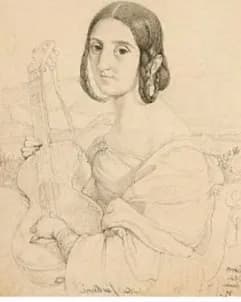
Emilia Giuliani-Guglielmi
In 1801, Mauro Giuliani was married to Maria Giuseppe del Monaco. Together they had a child, Michael. When Mauro moved to Vienna in 1806, he went alone. Soon he met Viennese Anna Wiesenberger (1784–1817) and they began a long-term relationship. They had four daughters. Emilia Giuliani-Guglielmi (born 1813) was one of them. When she turned 9 years old, Mauro brought her over to Italy. Emilia learned guitar from her father. In 1828, Emilia made a debut performance with Mauro in Naples. She was only 15. The following year, Mauro Giuliani’s health went downhill. He passed away in 1829.
Emilia Giuliani Guglielmi: Variazioni su un tema de Mercadante performed by Emma Rush
Emilia Giuliani-Guglielmi published four variations (Opus 1, 3, 5, and 9). This work, Variazioni su un tema de Mercadante, was based on the theme of a work by Italian composer Saverio Mercadante (1795-1870). Emma Rush is a Canadian female guitarist.
Emilia Giuliani: Variazioni su “Non più mesta accanto al foco”, Op. 5 (After Rossini)
Emilia Giuliani-Guglielmi: Variazioni su Non più mesta, Op. 5 (Federica Artuso, guitar)
Emilia Giuliani dedicated the variations on the theme “Non piu mesta accanto al fuoco” from Rossini’s La Cenerentola to her husband, Luigi Guglielmi. This recording was performed by internationally renowned classical guitarist, Federica Artuso.
Emilia continued to give performances since the passing of her father. She performed in various cities and with different musicians, including the one in Florence in 1839, where the concert also featured Franz Liszt (1811-1886). That same year, she married Luigi Guglielmi, a composer and vocal instructor. In 1850, at the age of 37, Emilia fell ill with a fever and died during her tour in Hungary.
Emilia Giuliani-Guglielmi: Prelude No.1 performed by Jon Mendle
Among all her works, her 6 Preludes, Op. 46 are the most well-known works. The whole collection was dedicated to Count Luigi Moretti (Mauro Giuliani also dedicated his Great Variations, opus 112 to him). Jon Mendle is an American guitarist who toured with Yo-Yo Ma and Silk Road Ensemble in 2010.
For more of the best in classical music, sign up for our E-Newsletter

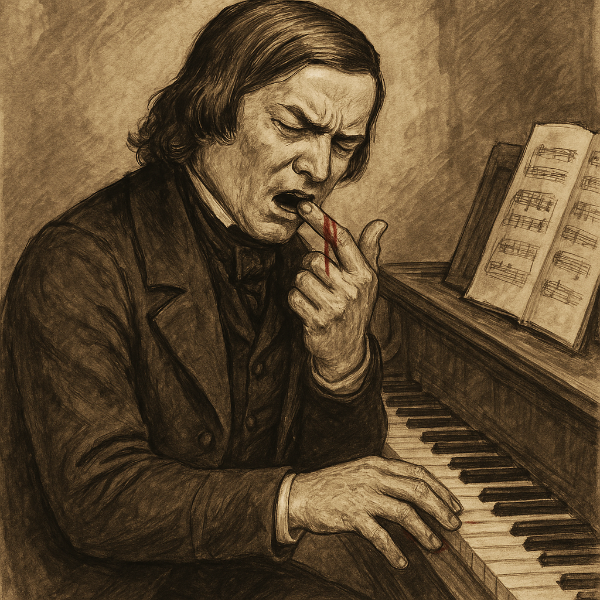
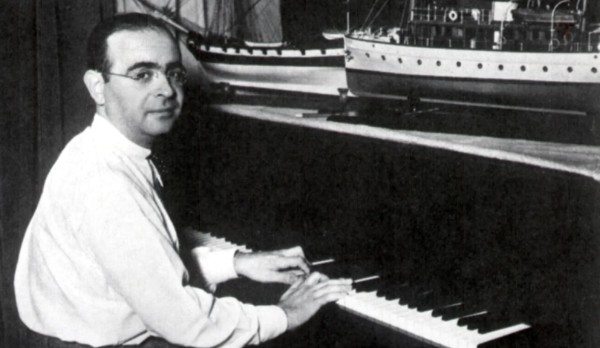
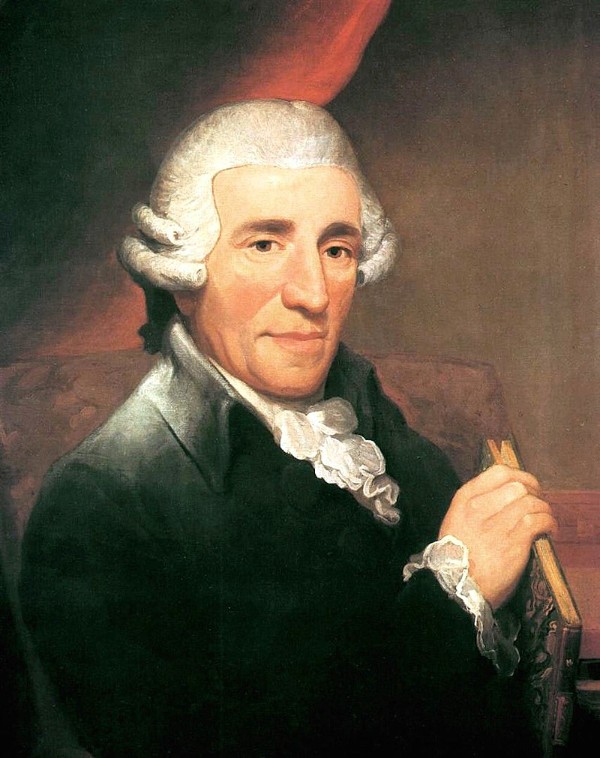
Giuliani is a beloved composer, even by lay people who like music (his Guitar Concerto) but on his life there has not been much information. This proves wonderful. Especially on his legacy and his daughters.